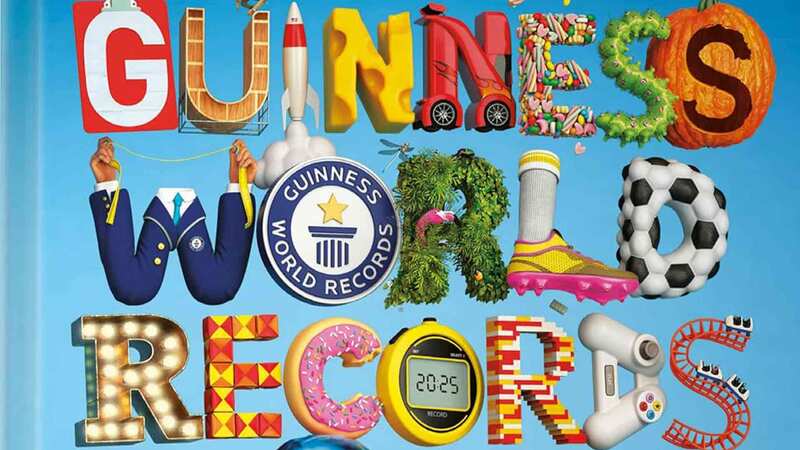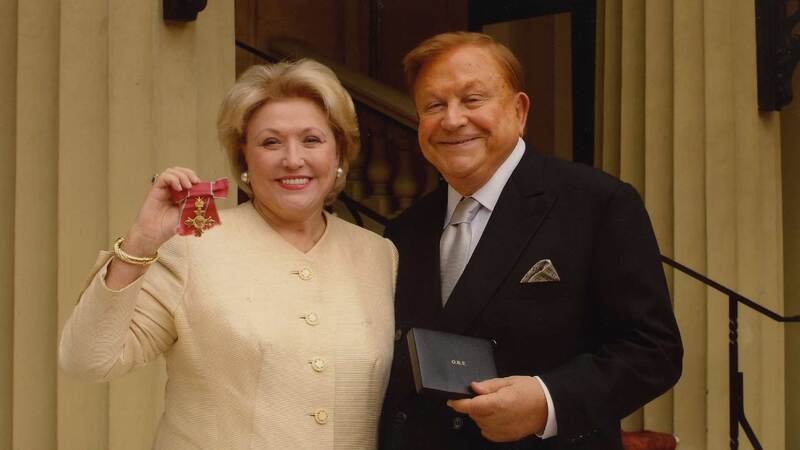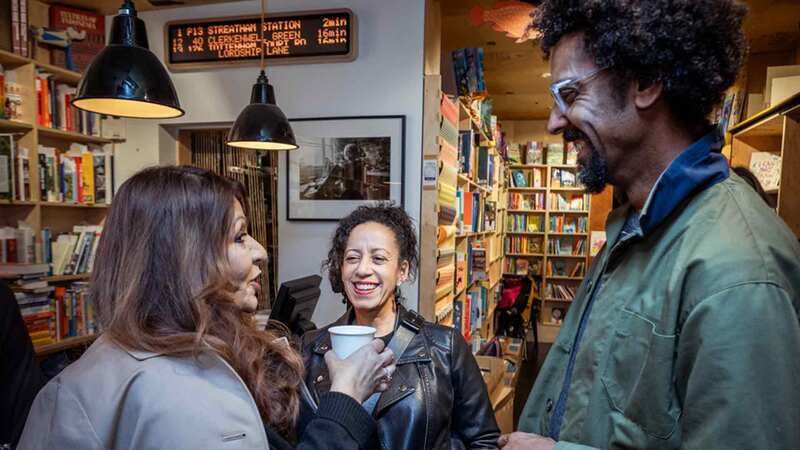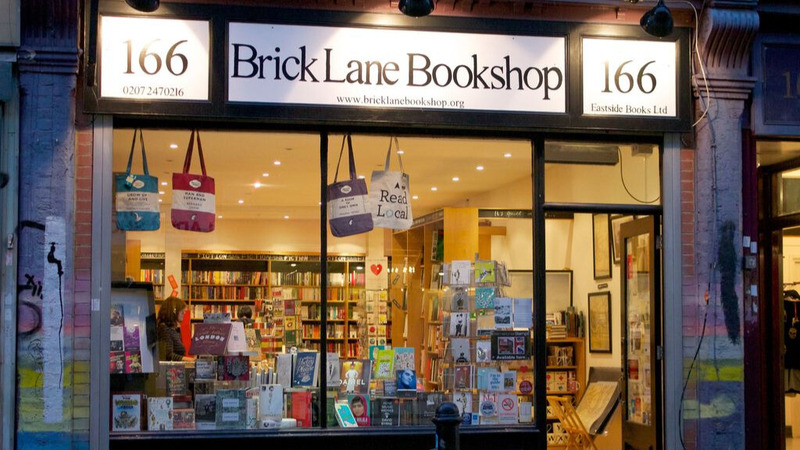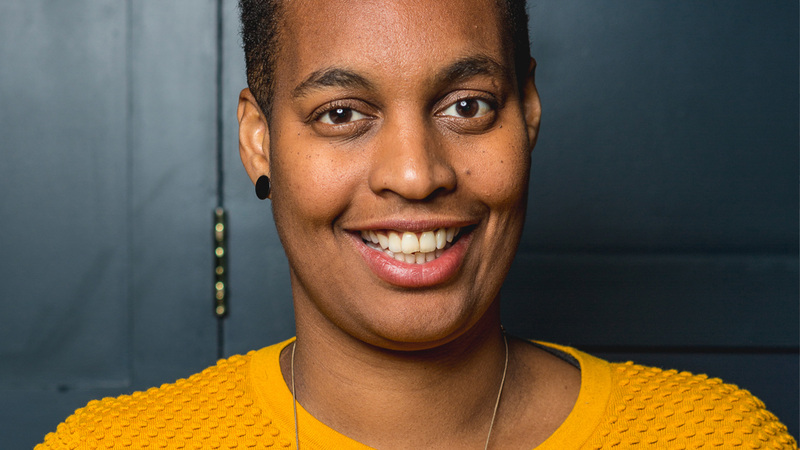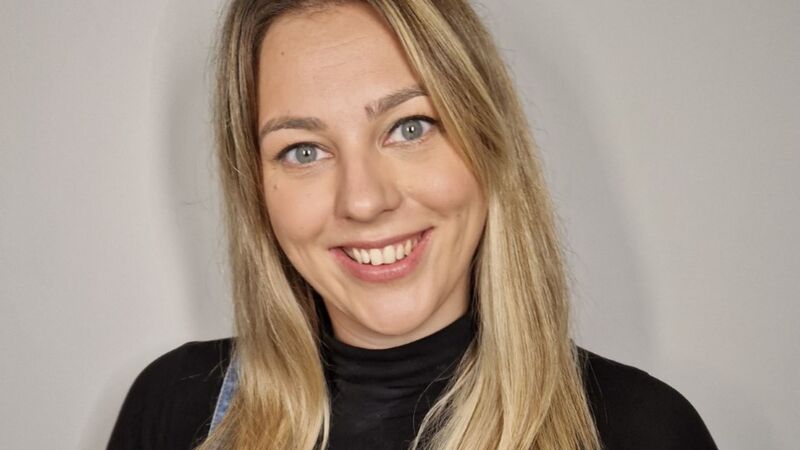You are viewing your 1 free article this month. Login to read more articles.
Sands wins £30k Baillie Gifford Prize then donates winnings to charity
Philippe Sands' East West Street (W&N), a personal account of the history of genocide and crimes against humanity, has won the £30,000 Baillie Gifford Prize for Non-Fiction 2016 - a prize the author is donating to charity.
On accepting the Baillie Gifford Prize 2016 last night (15th November), Sands told the audience that he and Hisham Matar, also shortlisted for the prize, had decided in advance that if either were to win, they would share the winnings and donate it to an appropriate refugee charity. "In these trying times we feel that we could all come together to make a real difference," he said. "From conversations this evening I understand that some of the Baillie Gifford partners would like to match this from their own personal funds, and that (chair of the judges) Stephanie Flanders will also be donating her honorarium for chairing the prize. My thanks to them all."
Since Sands' charitable gesture, Sarah Whitley, chair of the Baillie Gifford sponsorship committee, has pledged on behalf of Baillie Gifford a further £30,000 to charities supporting refugees to "strengthen the effect of his donation". Stephanie Flanders, BBC Economics editor and chair of the judges, is also donating her fee for chairing the prize.
Sands' multi-layered history and memoir was praised by the judges as a "satisfying, suspenseful read" that had "pulled off something extraordinary". It beat off competition from Nobel Literature prize-winning Svetlana Alexievich’s Second-Hand Time (Fitzcarraldo Editions), among others, to take the gong.
The book opens with human rights lawyers Sands being invited to give a lecture on genocide and crimes against humanity at Lviv University in 2010. Intending to find out more about the Ukrainian city of Lviv - where his grandfather, a Galician Jew lived before moving to Vienna then Paris during WW1, a "double detective story" unfolds, weaving together historical, legal and familial narratives to reveal the origins of international law, beginning and ending with the last day of the Nuremberg trial.
Sands said: "As a litigator you are a storyteller. East West Street is really a double detective story. It’s a search to unlock a family secret: the circumstances in which my grandfather and my grandmother, along with my mother, left Vienna in the course of the years that followed. And then it’s a detective story about the origins of crimes against humanity and genocide: two subjects that occupy my life as an academic but also as a practising lawyer doing cases in international courts."
Sands told The Bookseller in an interview in March that writing the book had also highlighted "the dangers of forgetting about history" ahead of the UK's vote to leave the European Union.
Sands is a professor of law at University College London and a practicing barrister at Matrix Chambers, who has frequently appeared before international courts including the International Criminal Court and the World Court in The Hague. He has acted in numerous cases of alleged mass killing and torture in countries including the former Yugoslavia, Rwanda, the Congo, Iraq and Sierra Leone, and at Guantánamo. His previous books include Lawless World, on the Iraq war, and Torture Team, on torture and the Bush Administration.
Flanders said: "Any one of the shortlisted books would have been a worthy winner. But in the end we all agreed that Philippe Sands had pulled off something extraordinary with this book that deserved to reach as wide an audience as possible. This is not just one story but several different stories, woven together - each important and each deeply personal to the author. The result is a multi-layered history that is impressive in its own right but also a satisfying, suspenseful read. A stunning achievement. "
Flanders was joined on the judging panel by science writer and author Philip Ball, executive comment editor of the Financial Times Jonathan Derbyshire, scholar and literary critic Dr Sophie Ratcliffe and Rohan Silva, co-founder of the social enterprise, Second Home and bookshop Libreria.
Sarah Whitley, partner of Baillie Gifford and chair of its sponsorship committee, said: "We are very pleased by the very high standard of literature which been considered for the prize in this first year of our sponsorship. The judges must have had great difficulty in picking a winner from such a formidable shortlist, but we are delighted to congratulate Philippe Sands on becoming a very worthy inaugural winner of the Baillie Gifford Prize for Non-Fiction."
East West Street overcame competition from three other titles on the shortlist: Svetlana Alexievich’s Second-Hand Time (Fitzcarraldo Editions), Margo Jefferson’s Negroland: A Memoir (Pantheon Books) and Hisham Matar’s The Return: Fathers, Sons and the Land in Between (Viking).




